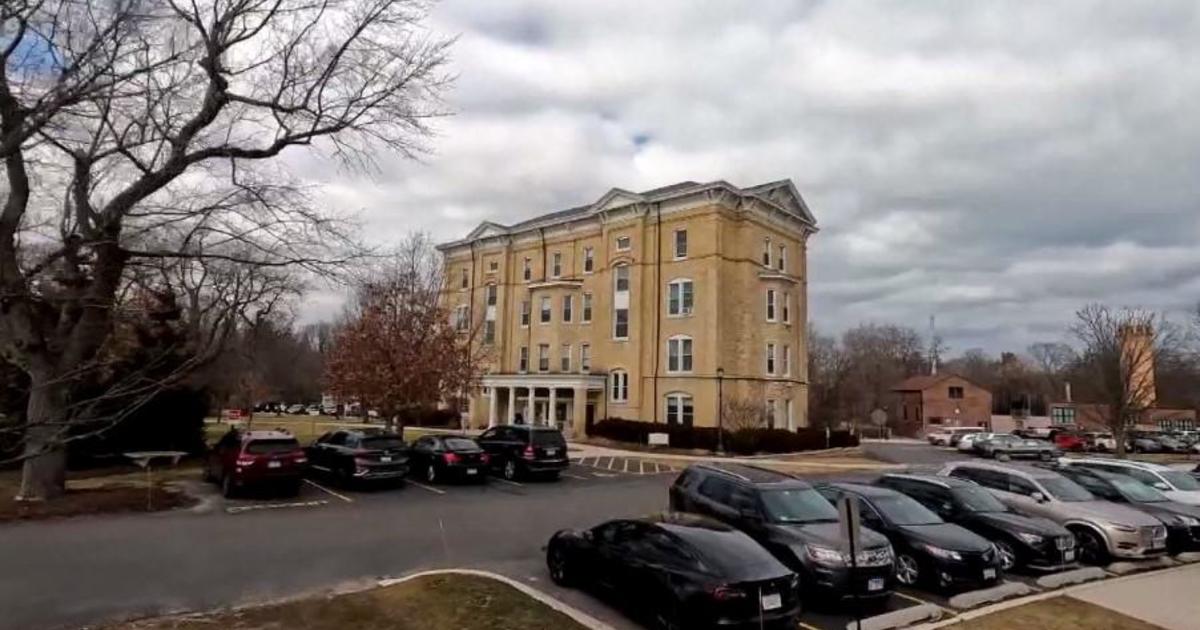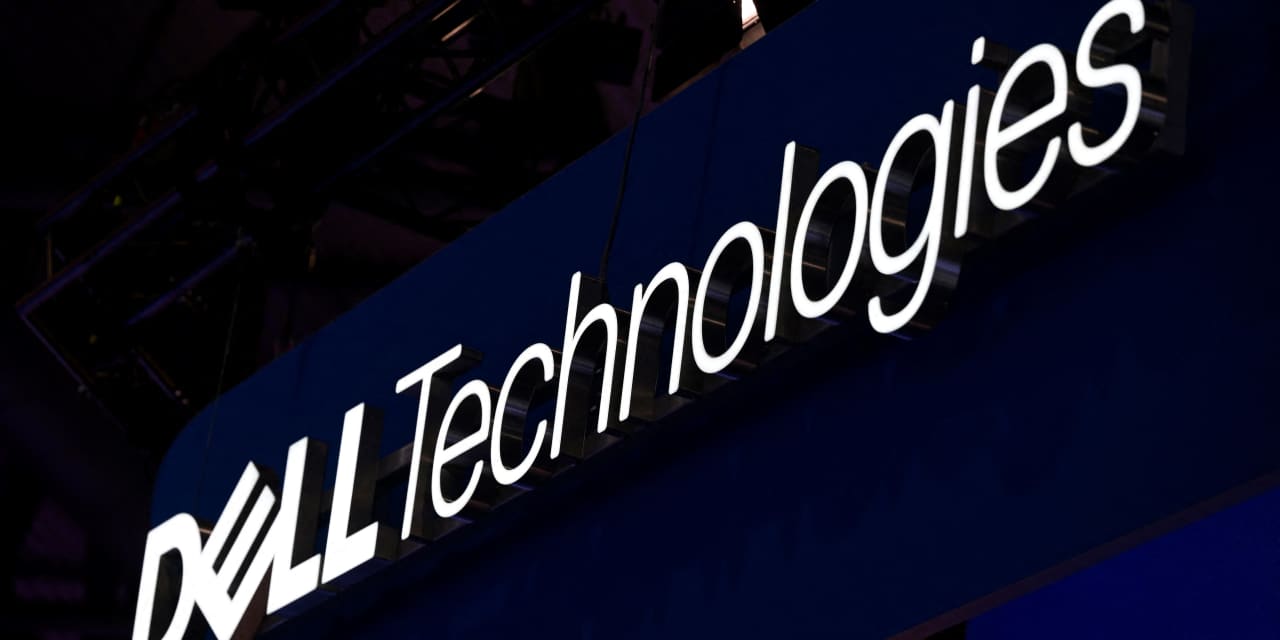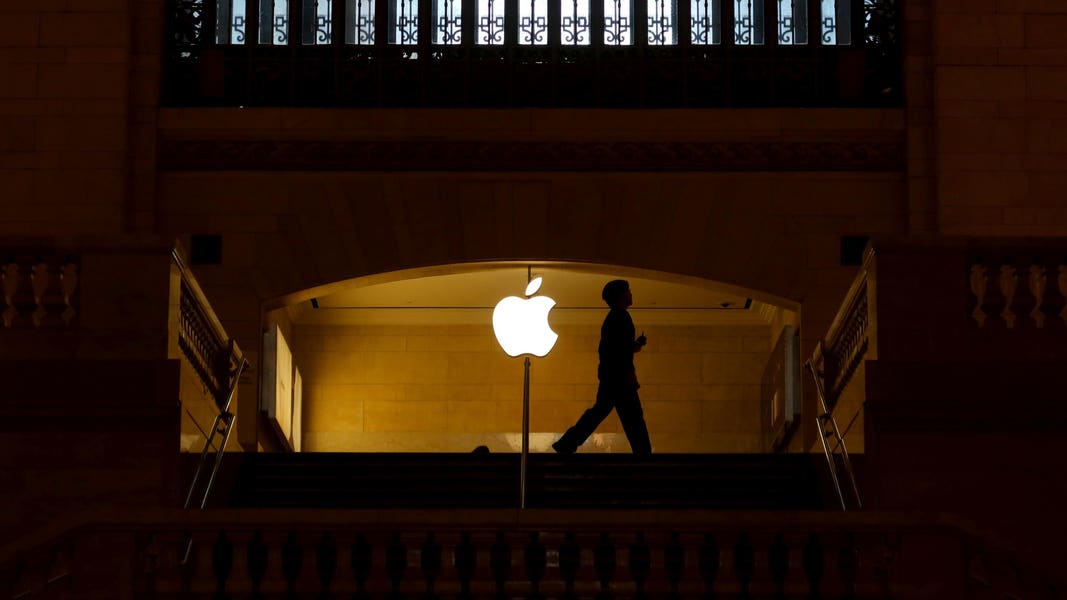A college in the northern suburbs of Chicago is delving into the realm of artificial intelligence, not solely from a technical perspective. With the support of a recent $1.2 million grant from the Mellon Foundation, a professor at Lake Forest College is spearheading a research team focused on exploring AI through a humanistic lens. This approach includes contemplating the implications of AI on humanity, particularly in the realm of art creation.
Professor Davis Schneiderman has developed an AI robot named Cosimo, intended to assist individuals in interpreting the artwork housed in the university’s Krebs Center for the Humanities. During a demonstration showcasing Cosimo’s capabilities, Schneiderman engaged the robot in a discussion regarding the depiction of Moses with horns in a monument within the center’s collection.
Cosimo explained that the portrayal of Moses with horns in traditional art, particularly in Western Christian art, can be attributed to a mistranslation in the Bible. Interestingly, Schneiderman highlighted that he did not specifically program Cosimo to provide this insight; rather, it was acquired during the robot’s training process.
While the professor and his team, comprising both faculty members and students, are engaged in developing AI technologies like Cosimo through the generous grant, their focus extends beyond mere robotics. Schneiderman emphasized their commitment to examining the societal implications of artificial intelligence, including considerations of discrimination and surveillance.
Lake Forest College, with its diverse academic offerings spanning disciplines such as philosophy, art, and science, is ideally positioned as a liberal arts institution to explore the profound impact of AI on our contemporary world. Schneiderman stressed the necessity of multidisciplinary expertise to navigate the complex ethical, social, religious, and economic dimensions of artificial intelligence effectively.
Two students, Sarah Faller and Ethan Karabanow, expressed their enthusiasm for enrolling in AI courses, recognizing the importance of integrating modern technologies into the arts to counter prevailing narratives of their diminishing relevance. Karabanow underscored the significance of fostering greater awareness and understanding of AI among current and future generations.
Although Schneiderman’s grant spans approximately 3 1⁄2 years, the ultimate trajectory of his AI research remains uncertain. He views this endeavor as a journey of exploration, acknowledging that while the path is clear, the destination holds unforeseen discoveries. Moreover, Schneiderman intends to collaborate closely with professionals from institutions like the Chicago History Museum to deepen his insights into the realm of artificial intelligence.










